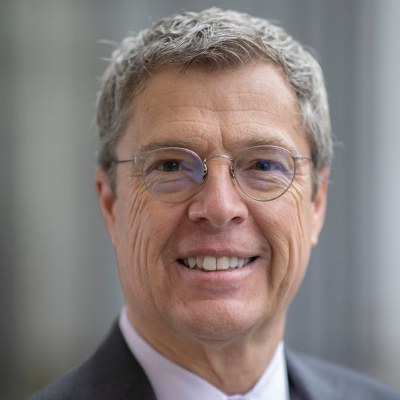
Brett G. Scharffs is Rex E. Lee chair and professor of law at J. Reuben Clark Law School, Brigham Young University, and is director of the Law School’s International Center for Law and Religion Studies. The following post is based on his remarks at the AMAR Windsor Dialogue conference held at Cumberland Lodge, Windsor, England, 24–25 June 2024. It was published as part of the Talk About blog feature “Marking the 10th Anniversary of the Yazidi Genocide.”
My engagement with the AMAR International Charitable Foundation began as a participant in the 2018 Windsor Dialogue conference held in Baghdad, where I and others discussed the experience of members of The Church of Jesus Christ of Latter-day Saints and their journey “from persecution to inclusion.”[1] The hope was that the Latter-day Saints’ journey might have salience, relevance, and resonance with the Yazidi community. I later discussed the Latter-day Saints’ journey at a 2022 Notre Dame University Symposium, “Re-Thinking the Law to Protect Religious Minorities,” and published a related essay in Notre Dame Law Review Reflection.
(more…)

